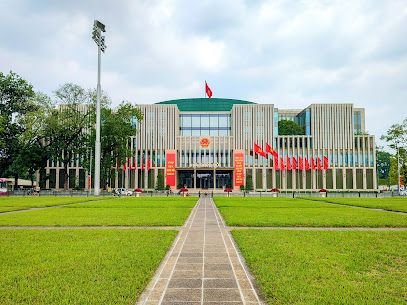Italian Ministry of Culture
The Italian Ministry of Culture (Ministero della Cultura), or MIC, is the government ministry responsible for national museums, historical monuments, cultural heritage protection, and promotion of cultural activities including landscape preservation, entertainment, cinema, and audiovisual production. Established in 1974 and headquartered in Rome’s historic Collegio Romano Palace, MiC operates through a national network of museums, libraries, and archives. The ministry’s Directorate-General for Education, Research and Cultural Institutes (DG-ERIC) coordinates education, training and research programs, including supervision of specialized restoration institutes. On February 2, 2026, Minister Alessandro Giuli signed a film co-production agreement in Beijing with China Media Group president Shen Haixiong, allowing joint productions to qualify as domestic content in both countries. MiC defines methodologies for cataloguing, conservation and restoration while promoting cultural heritage knowledge through publications, exhibitions, conferences and international collaboration.









